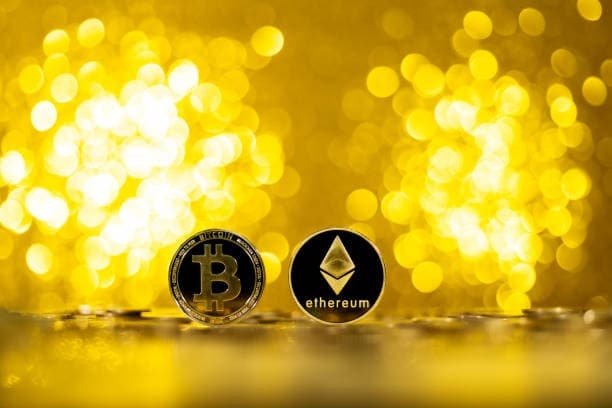Hey there, bitcoin enthusiasts! Let’s dive into the fascinating world of Bitcoin mining, a process that’s as crucial as it is intriguing. Ever wondered how those digital coins are created? Well, buckle up as we explore the nitty-gritty of Bitcoin mining and why it matters in today’s digital economy.
What is Bitcoin Mining?
Picture this: Bitcoin is like a digital gold rush, and mining is the act of digging for that gold. Instead of shovels and picks, miners use powerful computers to solve complex mathematical puzzles. These puzzles are part of the Bitcoin protocol and are designed to be difficult, ensuring that new Bitcoins are produced at a steady rate. The process of mining not only creates new Bitcoins but also secures the entire Bitcoin network.
The Role of Miners
Miners are the backbone of the Bitcoin network. They validate transactions and add them to the blockchain – that’s the public ledger where all Bitcoin transactions are recorded. Every time a miner solves a puzzle, they get to add a new block to the blockchain and are rewarded with newly minted Bitcoins and transaction fees. It’s a competitive field, with miners racing to be the first to solve the puzzles and claim their rewards.
How Does Bitcoin Mining Work?
The process of Bitcoin mining involves a few key steps. Miners start by collecting new transactions from the network and packaging them into a block. Then, they use their computers to find a special code, called a nonce, which, when combined with the block’s data, produces a specific result known as a hash. This hash must meet certain criteria set by the Bitcoin network to be considered valid. Once a miner finds a valid hash, the block is added to the blockchain, and the process starts again.
Why Does Bitcoin Mining Matter?
Bitcoin mining is crucial for several reasons. First, it secures the network by making it incredibly difficult for anyone to alter past transactions. This is because changing even a single transaction would require recalculating all subsequent hashes, which is computationally impractical. Second, mining ensures the decentralization of the Bitcoin network, as no single entity can control the process. Lastly, it introduces new Bitcoins into circulation, which is essential for the currency’s long-term viability.
The Energy Debate
One of the hot topics surrounding Bitcoin mining is its energy consumption. Critics argue that the process is too energy-intensive and harmful to the environment. However, proponents point out that mining operations are increasingly turning to renewable energy sources and that the energy used secures a financial system that is independent of traditional banks. It’s a debate that highlights the need for sustainable solutions in the world of cryptocurrency.
The Future of Bitcoin Mining
As Bitcoin mining evolves, so does the technology used. Miners are constantly on the lookout for more efficient ways to solve the puzzles and add blocks to the blockchain. This drive for efficiency is pushing the boundaries of computing technology and could have broader implications for the tech industry as a whole. Additionally, as the Bitcoin network matures, the focus may shift from mining to other aspects of the ecosystem, such as developing better wallets and payment systems.
In Conclusion
Bitcoin mining is more than just a way to create new coins; it’s a fundamental part of what makes Bitcoin tick. It’s a complex, competitive, and controversial process that plays a vital role in the world’s most popular cryptocurrency. Whether you’re a seasoned miner or just starting to explore the world of Bitcoin, understanding mining is key to grasping the full potential of this digital revolution. So, the next time you hear about Bitcoin, remember that there’s a whole network of miners out there, working tirelessly to keep the system secure and the coins flowing.

